Filter by
The language used throughout the course, in both instruction and assessments.
Results for "c+++composition"

University of London
Skills you'll gain: Computer Programming
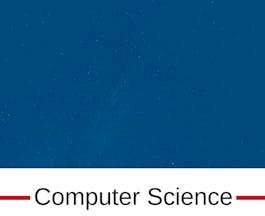
Coursera Project Network
Skills you'll gain: Computer Programming, Python Programming
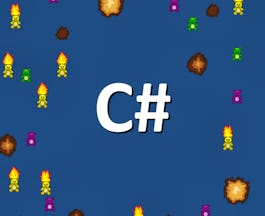
University of Colorado System
Skills you'll gain: Computer Programming, Programming Principles, Problem Solving, Software Engineering, C Programming Language Family, Computer Programming Tools, Critical Thinking, Leadership and Management, Mathematics, Data Structures
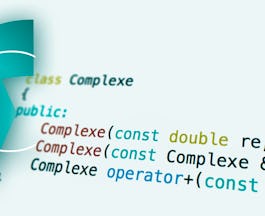 Status: Free
Status: FreeÉcole Polytechnique Fédérale de Lausanne
Skills you'll gain: C Programming Language Family, Computer Programming, C++ Programming, Programming Principles

Dartmouth College
Skills you'll gain: Computer Programming, Computer Programming Tools, Linux
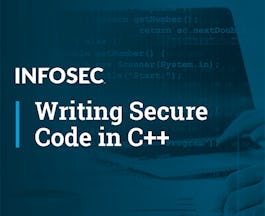
Infosec
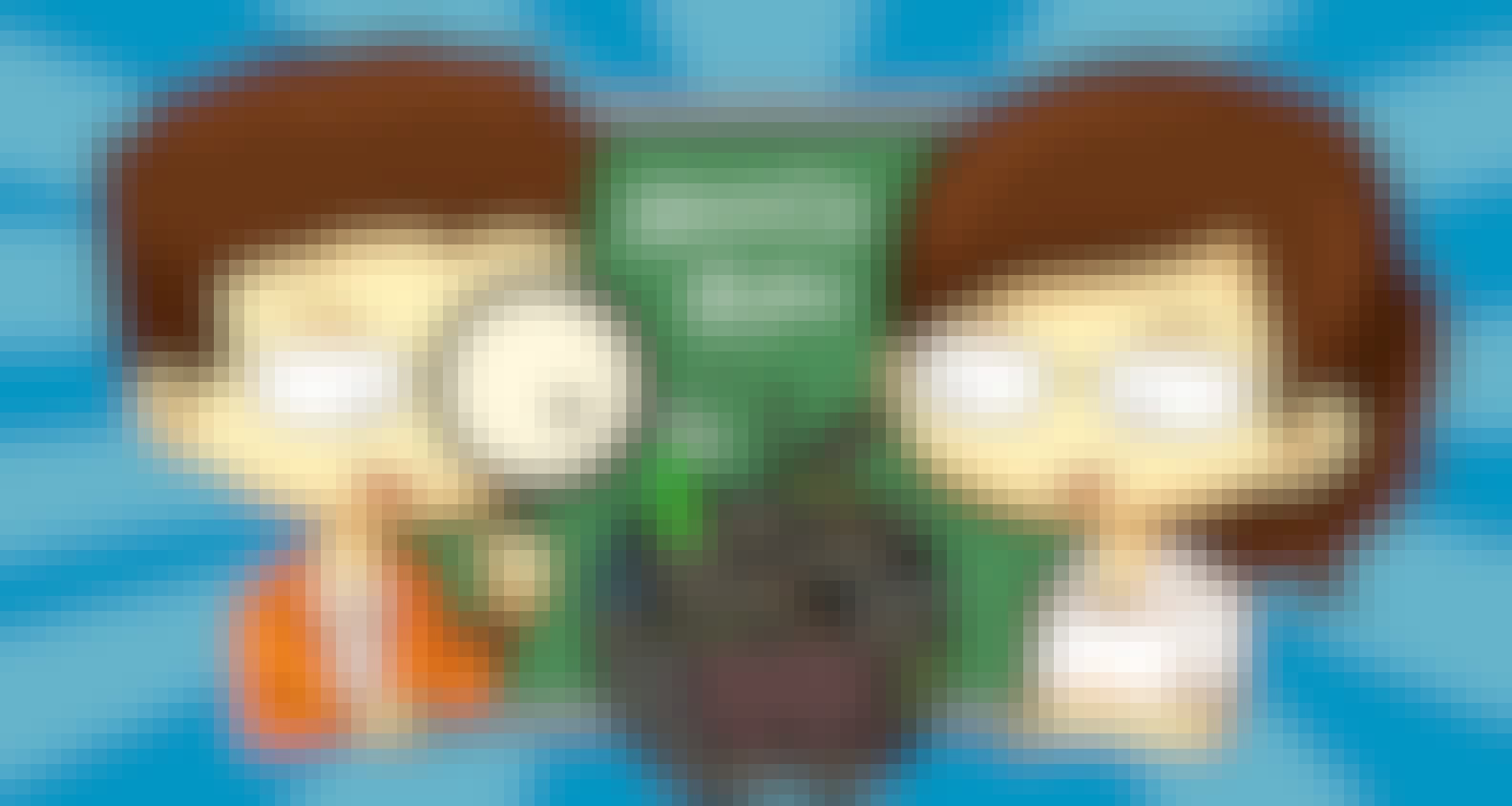
Peking University
Skills you'll gain: C++ Programming, Computer Programming, C Programming Language Family

Duke University
Skills you'll gain: Python Programming, Computer Programming
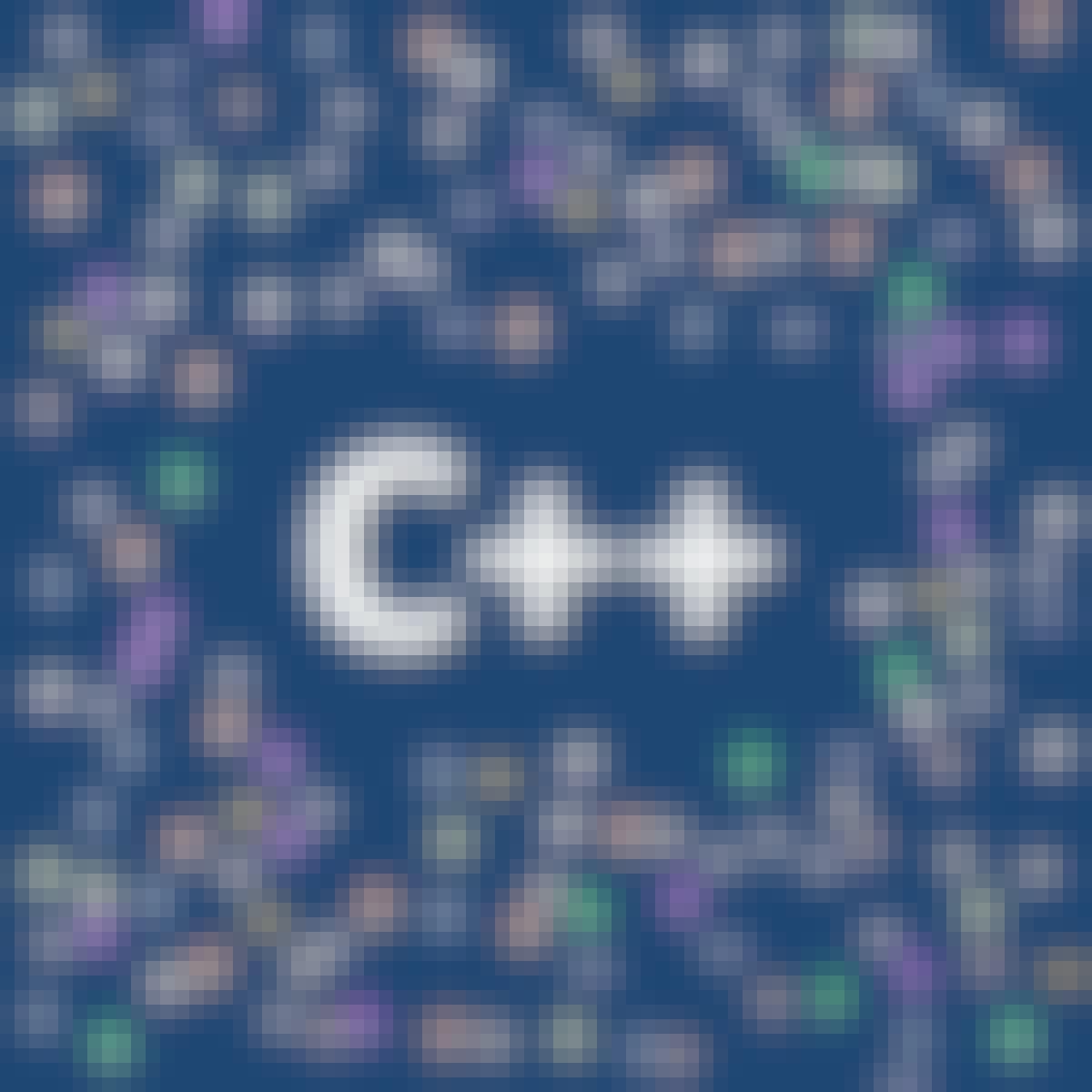
University of Colorado System
Skills you'll gain: Computer Programming, C Programming Language Family, Computer Programming Tools, Programming Principles

Skills you'll gain: Computer Programming, Computer Science
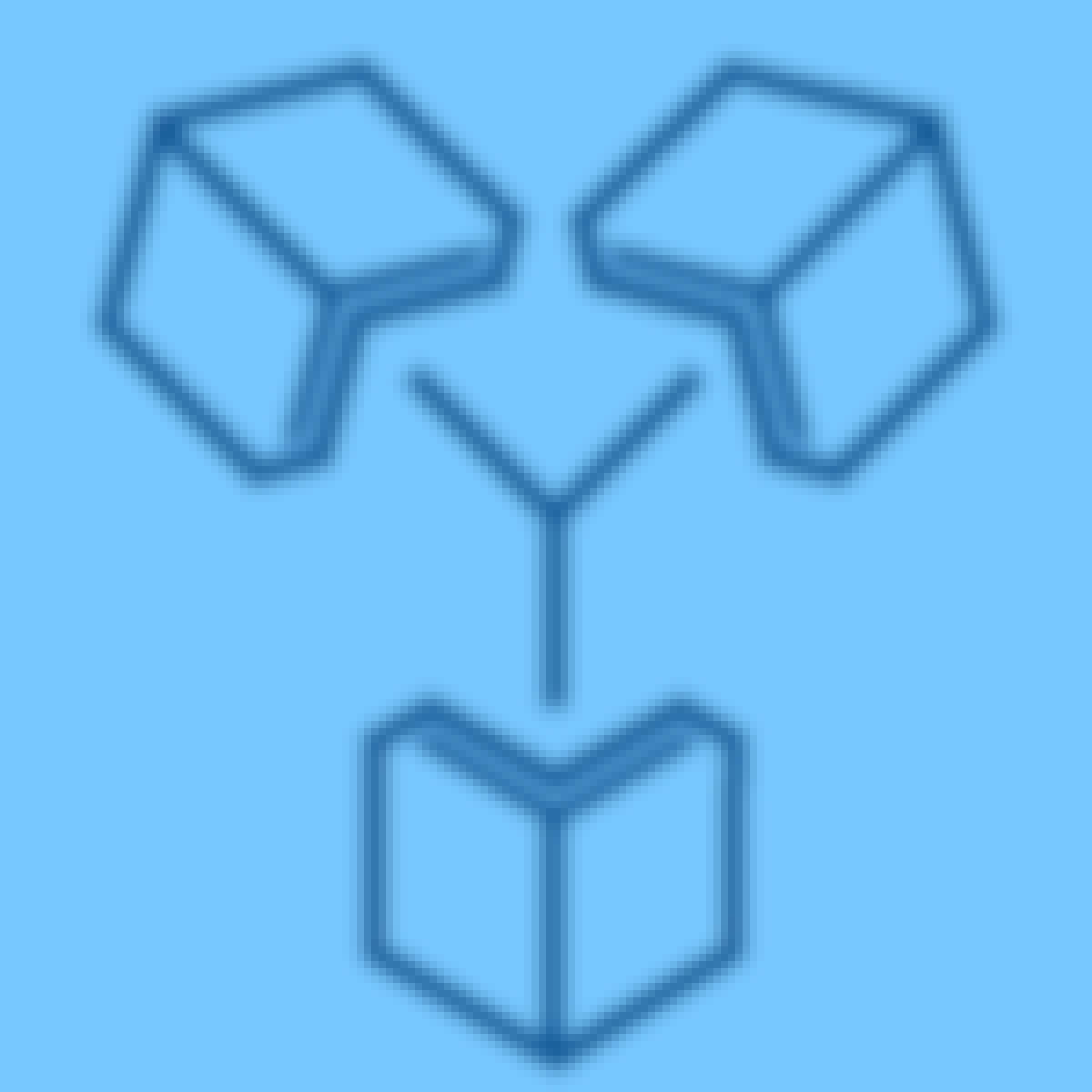
Skills you'll gain: Computer Programming, Computer Science

Duke University
Skills you'll gain: Computer Programming, Software Testing, System Programming
Searches related to c+++composition
In summary, here are 10 of our most popular c+++composition courses
- Object Oriented Programming: University of London
- Compose and Program Music in Python using Earsketch: Coursera Project Network
- C# Programming for Unity Game Development: University of Colorado System
- Introduction à la programmation orientée objet (en C++): École Polytechnique Fédérale de Lausanne
- C Programming with Linux: Dartmouth College
- Writing Secure Code in C++: Infosec
- C++程序设计: Peking University
- Interacting with the System and Managing Memory: Duke University
- C++ Programming for Unreal Game Development: University of Colorado System
- C++ Object Basics: Functions, Recursion, and Objects: Codio










